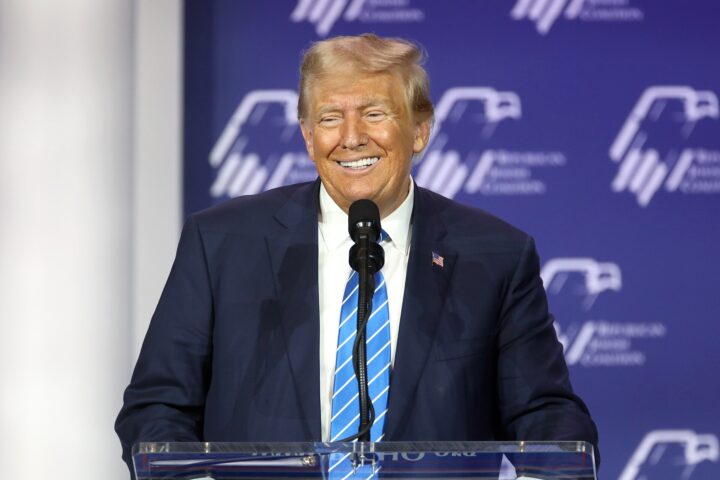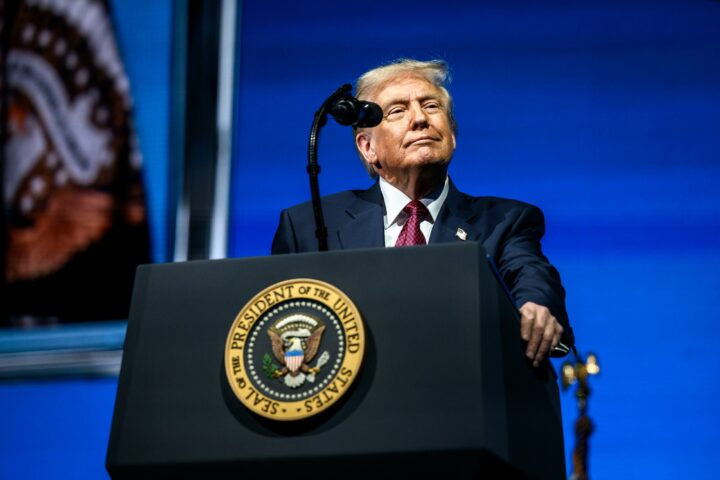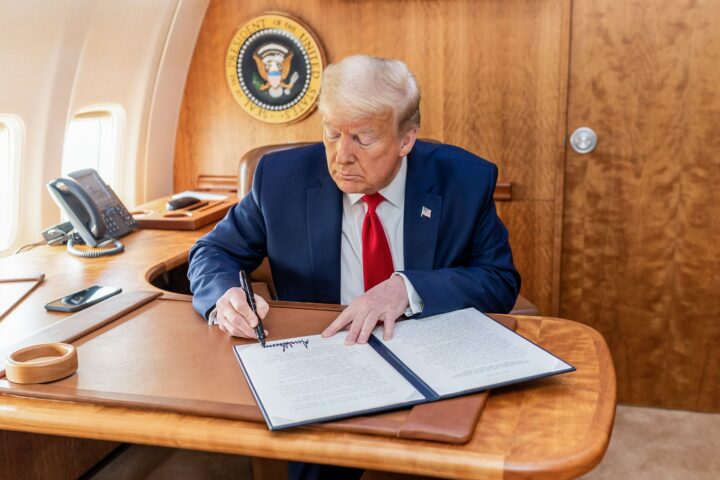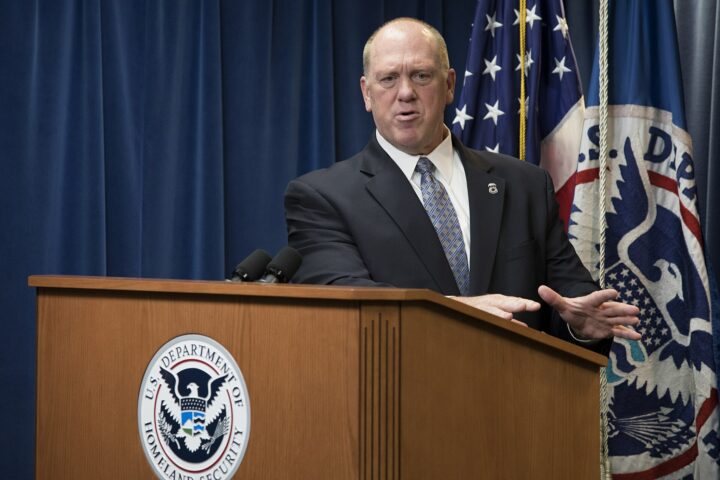It turns out that Donald Trump is the president of the United States, not random liberal district judges. In a landmark 6–3 decision issued Friday, the U.S. Supreme Court sharply curtailed the power of lower federal courts to block presidential policies nationwide—delivering a major victory to the White House as it seeks to implement a controversial overhaul of birthright citizenship.
Writing for the conservative majority, Justice Amy Coney Barrett concluded that lower courts have overstepped their constitutional bounds by issuing so-called “universal injunctions”—orders that halt federal policies not just for plaintiffs, but for the entire nation. Barrett emphasized that district courts possess limited equitable authority, grounded in statute, and that extending relief beyond individual litigants risks transforming courts into policy-making bodies, explained The Daily Caller.
In the majority opinion, Justice Amy Coney Barrett appeared to grow tired of the liberal justices not knowing how the law works or having any intellectual theory outside of “this is what liberals want to do.”
Amazing. Justice Barrett goes straight after Justice Jackson’s inability to do law. Jackson wants to tell the entire executive branch what to do and refuses to comply with Constitutional limitations. Insanely dangerous, and Barrett is right to call it out. pic.twitter.com/lRmkQvEgYZ
— May Mailman (@MayMailman) June 27, 2025
The ruling stems from a legal battle over Trump’s executive order titled “Protecting the Meaning and Value of American Citizenship,” signed on January 20, his first day back in office. The directive seeks to restrict automatic U.S. citizenship for children born to undocumented immigrants and temporary visa holders—an effort long championed by immigration hawks and fiercely opposed by civil rights groups.
In April, three separate district courts, including one by a Democratic mega donor, issued broad injunctions blocking the policy nationwide. But the high court’s decision grants the Trump administration’s request to stay those injunctions in part, allowing enforcement of the executive order outside the specific jurisdictions where the cases originated.
During oral arguments, Solicitor General John Saur pointed to a pattern: over 40 universal injunctions have been issued against Trump-era policies, effectively allowing a single federal judge to derail national initiatives. Supporters of the ruling say it restores balance between the branches of government and prevents judicial overreach by unelected trial judges.
The Court’s liberal bloc—Justices Sonia Sotomayor, Elena Kagan, and Ketanji Brown Jackson—dissented. Sotomayor warned that the decision undermines the judiciary’s role in shielding constitutional rights from executive encroachment.
Sotomayor was roundly slammed by the majority for not knowing how the law works, as well.
Brutal pic.twitter.com/lavwSOpXuc
— Josh Hammer (@josh_hammer) June 27, 2025
Hopefully the comments won’t “traumatize” her again.
While the ruling leaves room for district courts to block federal policies within their own jurisdictions, it signals a sharp retreat from the nationwide injunctions that became commonplace in recent years—often paralyzing executive action with the stroke of a single judge’s pen. The decision is expected to have sweeping implications for future litigation, recalibrating the balance of power between the presidency and the courts in the post-pandemic, post-Biden era.








